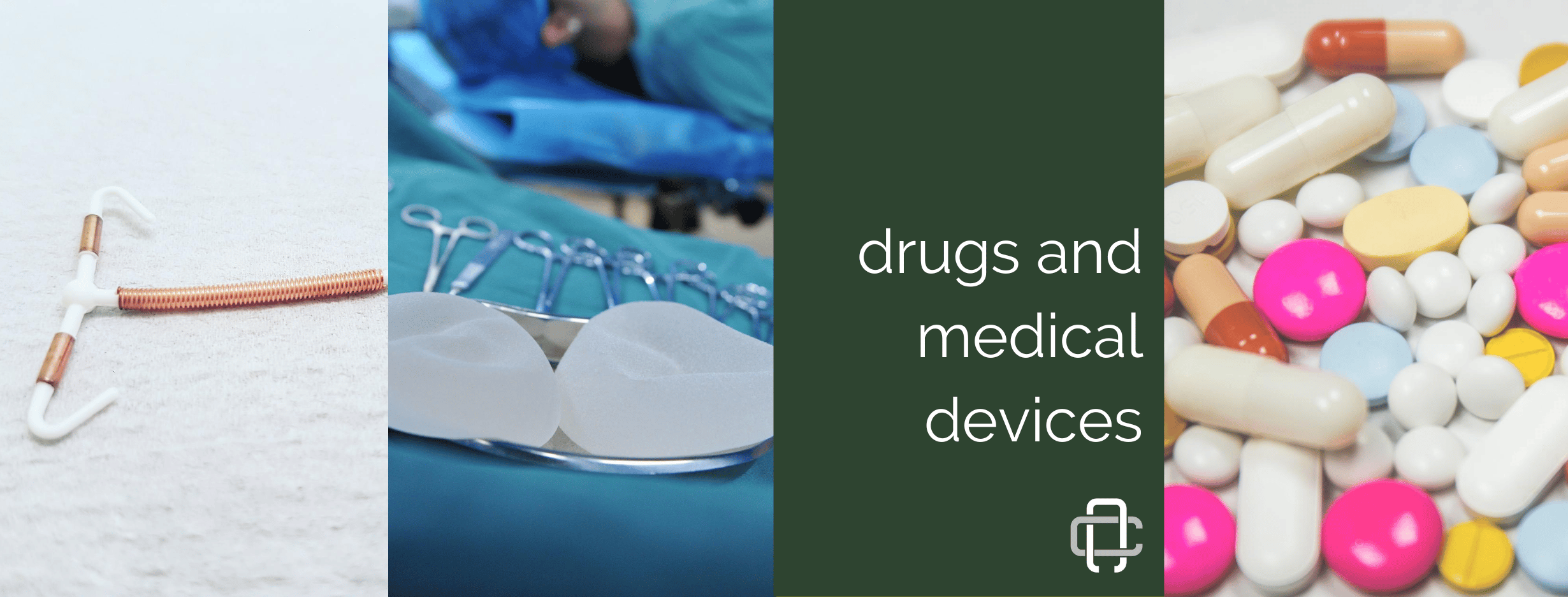What You Need to Know About Learned Intermediary
If your lawsuit is based on a defect in the manufacturing, design, or warnings on a medical device or pharmaceutical product, the learned intermediary defense doctrine will undoubtedly come up. When raising the learned intermediary defense, defendants claim that they satisfy their duties by providing any relevant information to your doctor. A manufacturer’s duty is therefore limited to an obligation to warn the prescribing physician of any potential dangers that may result from the drug or device’s use. So, when they provide the information to your doctor, your doctor then has an obligation to provide the information to you. Therefore, according to the doctrine and the defendants’ arguments, a drug manufacturer can wipe its hands clean once it talks to your doctor – its liability ends there.
Most states have accepted this doctrine as a shield pharmaceutical companies can use to block their liability. The justification for this liability shield is that the prescribing physician is a medical expert and, as a medical expert, they must take into consideration the usefulness and benefits of the drug, as well as the susceptibilities of their individual patient. It is the physician’s responsibility to make an informed decision after weighting the benefits of any mediation against its dangers. Courts therefore decided that a drug or device manufacturer are only required to warn the doctor—the learned intermediary—not the individual consumers.
But the doctrine is not absolute.
To maintain the doctrine’s liability shield, a defendant must prove that it satisfied the duty it must provide the physician with an adequate warning. If the manufacturer fails to provide adequate warnings to the learned intermediary, the learned intermediary cannot provide adequate warnings to the consumer.
Further, with the rise of direct-to-consumer advertising and marketing, the doctrine is being called into question altogether. The doctrine began and gained traction because of the idea that a medical device or pharmaceutical company had little interaction with the consumer personally, so their duty to the consumer personally should be limited. Thus, the doctrine of learned intermediary was born and courts across the country began shielding these companies from liability when they provided all necessary information to the physician—the learned intermediary. But now, these companies have significantly expanded their reach.
Turn on any television and you can easily find a commercial that urges viewers to “talk to their doctors” about whatever drug is being advertised. This is, of course, at the end of the commercial—after the viewer has been told how amazing and life changing the drug is. The steep increase in marketing directly ti individuals rather than doctors has resulted in some courts updating their stance on the doctrine entirely. For instance, the District Court of New Mexico reasoned that the “dramatically increased marketing directed to consumers…would persuade the Supreme Court of New Mexico that the justification for the learned-intermediary doctrine is quickly becoming, if not already the case, outdated.” Rimbert v. Eli Lilly & Co., 577 F. Supp. 2d 1174, 1218-19 (D. N.M. 2008). Other courts, rather than calling the doctrine into question altogether, created a direct-to-consumer advertising exception, that prevents a defendant from using the learned intermediary liability shield where they purposefully and deliberately marketed their defective product to individual consumers, rather than the doctors they’re trying to pass liability off to. See DiBartolo v. Abbott Labs., 2012 WL 6681704 (S.D.N.Y. Dec. 21, 2012; Centocor Inc. v. Hamilton, 372 S.W.3d 140, 161 (Tex. 2012); Calisi v. Abbott Labs., 2013 WL 5462274 (D. Mass. Feb. 25, 2013).
As experienced medical device and pharmaceutical defect litigation attorneys, the attorneys at Carter Law Group have encountered—and beaten—the learned intermediary doctrine countless times.


